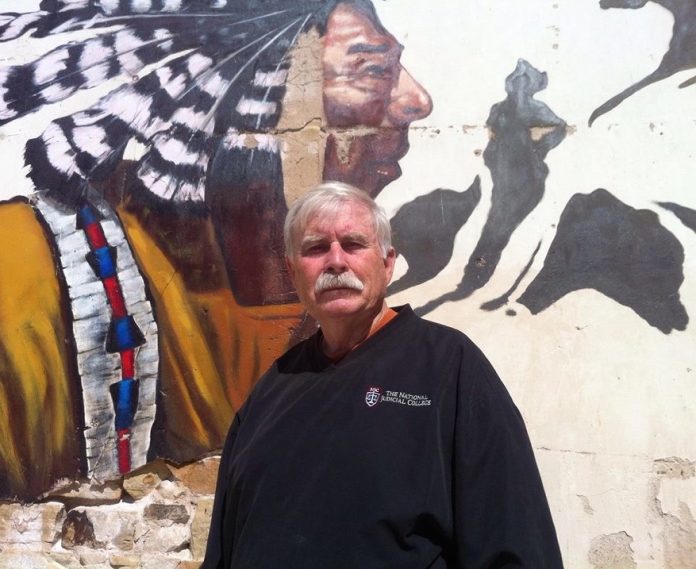LET’S TALK TURKEY
GAVEL GAMUTÂ By Jim Redwine
JANUARY 21, 2023
The country of Turkey borders the country of Georgia to the southwest. The city where Peg and I have been working for the last five months, Batumi, Georgia, is about 12 miles from the Turkish border. Because Turkey requires U.S. citizens to have a 90-day tourist visa we have not been able to just travel into Turkey from Georgia until this past week. The “simple†procedure to obtain a visa took a long while.
Both Turkey and Georgia are located where east meets west, that is, where Asia and Europe meet. Thousands of people travel from Georgia to Turkey and Turkey to Georgia every month. Peg and I encounter numerous Turkish citizens on the streets of Batumi every time we go for a stroll or eat in one of the more than 500 restaurants in Batumi.
Just as the many Georgian friends and acquaintances we have the pleasure of seeing and working with, the Turkish people we meet are friendly and pleasant. It is also helpful that many of them speak English.
All of the countless Batumi coffee shops feature Turkish coffee that we like to intersperse occasionally with our preferred “Americano†coffee. Also, due to the Arabic influence, the wonderful treat of fresh baklava is ubiquitous. It goes great with the extremely strong Turkish coffee in its postage stamp size cups.
Sitting on the cusp of Asia/Europe, both Georgia and Turkey have thousands of years of colliding cultures. That rich and exciting mixture is in full bloom today in both countries.
Istanbul, the former Constantinople, has been a home for humans for over 8,000 years and has been ruled by Byzantines, Greeks, Romans and others. Constantine, Roman emperor from 306 AD to 337 AD, named the city Constantinople and made it the capitol city of the Holy Roman Empire and the seat of Christianity, that Constantine declared to be the state religion in 312 AD. Both Turkey and Georgia have large numbers of Christians, Muslim, Jews and other believers and non-believers.
With their rich, diverse cultures mixing for thousands of years, Georgia and Turkey provide countless lessons as to how people can coexist even when their beliefs compete for acceptance or even dominance. Peg and I have been welcomed by numerous people from several competing beliefs and ethnicities. We have found the Georgian and Turkish people to be open, friendly and interesting. It is a good feeling to both observe and mingle with all of these various cultures.
For more Gavel Gamut articles go to www.jamesmredwine.com
Or “Like/Follow†us on Facebook & Twitter at JPegOsageRanch






Aaaaah! Fresh air! So well-written, and so on-point! Thank you Jim.
Sargon the Great, in 2350BC, ruled Anatolia/modern-day Turkey, the 1st empire in the world. He came from the Ur and Uruk area (Iraq is the same word as Uruk, except in Arabic), was an Akkadian, who had recently absorbed the Sumerians, from a land between the Tigris and Euphrates the Greeks named “Mesopotamia.” This is where Abraham from the Bible is from, Ur and Uruk area. That was likely around 2100 BC, first traveling to what we call northern Syria, then went south to the land of the Cannanites.
The land that Turkey sits on is fascinating, and has as much or more human history than most places on the earth. Usually called Anatolia, after the anatolian speaking peoples who, 1800 years before Jesus was born, ruled that land for over 500 years. They were the Hittite Empire. One of their provinces in the western sea areas of Anatoia, Troy, was a Hittitie sister city/state from around 1400BC to 1100BC. Uriah the Hittite, around 900BC during the time of the Hebrew King David, was from one of the Hittite’s leftover surviving cities in southern Anatolia. The Hittites were followed by the Persians (from modern day Iran), Alexander the Great from northern Greece (Macedonia/Romania area) took over in 320’s BC. Then came the Romans who took over around 100BC after Alexander the Great….Arabs took over around 700 AD……so it’s no wonder there are so many cultures and languages in modern day Turkey.
Comments are closed.